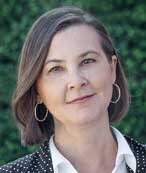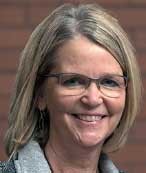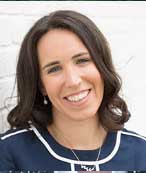The Six Shifts Podcast Episode 3: Rethinking the Role of Strategy Instruction in Learning to Comprehend, Grades 3-5
Posted on: March 15, 2024
In this podcast episode, Katie Egan Cunningham, Jan Burkins, and Kari Yates, the authors of Shifting the Balance: 6 Ways to Bring the Science of Reading into the Upper Elementary Classroom discuss the second new shift, which involves rethinking the way we teach comprehension strategies. They unpack two important misunderstandings about strategy instruction in light of reading research. They suggest that a few strategic moves are sufficient for readers, and they encourage teachers to make brain-friendly adjustments to their instructional practices. Learn more about all twelve shifts at TheSixShifts.com.
Meet the Authors

Jan Burkins
Dr. Jan Burkins was an elementary classroom teacher for seven years and a literacy coach for seven years. She has worked as a part-time assistant professor, a district literacy leader, and is currently a fulltime writer and consultant. Jan’s current work includes speaking engagements, presentations at conferences, and professional learning support for school districts.

Kari Yates
Kari Yates is an author, speaker, consultant and staff developer with a passion for helping busy literacy educators thrive. Kari has a passion for helping teachers, coaches, and administrators find the inspiration, courage, and resources to nurture joyful, and authentic literacy learning, one next-step at a time.

Katie Egan Cunningham
Katie Egan Cunningham has twenty years of experience as an educator in many different roles to support students and teachers including classroom teacher, literacy specialist, literacy consultant, and teacher educator. Katie is an Associate Professor of Literacy and English Education at Manhattanville College and her research and teaching focus on student and teacher happiness, literacy methods, new technologies, critical literacies, and children’s literature.

